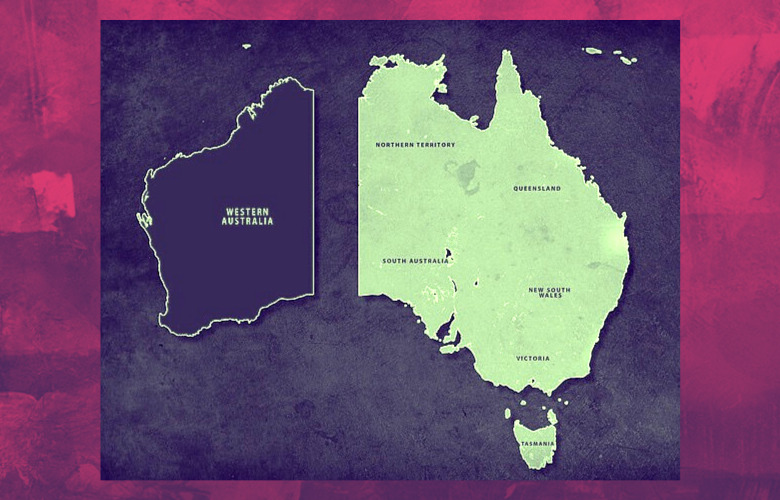
Susan Fenty Studham recently shared with me her research article “Supporting the performance of Noongar language in Hecate” completed in collaboration with Clint Bracknell, Kylie Bracknell and Luzita Fereday.
In a time and an era where government funding globally is dwindling for artistic work and the focus of entertainment being a money making, corporate driven endeavour, work such as this is a beacon of example and a reminder of the role and responsibility of arts in society.
This work, particularly resonates with me as a white Australian. We have a sordid past of stamping out and ignoring the indigenous culture within our country and many parts of this culture has already been lost. We have much to make up for. And here, within a small arts community in Western Australia, a group of arts practitioners are using theatre to preserve the Noongar language, a critically endangered language of the Western region of Australia.
Taking Shakespeare and translating it into an Aboriginal language sounds like an insane undertaking to begin with but this research paper digs into the layers of preserving endangered languages, creating safe spaces within traditional theatre practices to make way for aboriginal culture and the numerous challenges of getting the actors to be able to speak Noongar maya-waangkiny (Noongar sound-talking).
The Yirra Yaakin Theatre Company premiered Hecate (a Noongar language adaptation of Shakespeare’s Macbeth) in 2020 in Perth, Western Australia. As revealed in the research paper; “Every performance elicited a standing ovation and the first audience was predominantly comprised of local Noongar people (ORIC 2020)”
Here is the abstract:
As the first adaptation of a complete Shakespearean work presented entirely in one Aboriginal language of Australia, Hecate is a landmark production in Australian theatre. The Noongar language of the southwest of Western Australia is a critically endangered language impacted by colonisation since the early 1800s and suppressed until the 1970s. Working with an all-Noongar cast learning what is by birthright their mother-tongue, the Noongar language, on a full Shakespearean work presents a range of challenges. Consideration of effective rehearsal strategies to support brave spaces for the cast to flourish holistically, both as language learners and performers, was imperative. As most of the cast had limited understanding of spoken Noongar language until working on the production, song functioned as a catalyst for language learning, working as a mnemonic device. Vocal exercises were introduced to empower the performers to articulate freely and to liberate the text. Additionally, the stage manager’s comprehension of Noongar language was important, particularly as the production transferred to the stage. In reflecting on the necessarily unique processes developed for Hecate, this paper offers strategies to support future training of performers, directors, vocal coaches and stage managers engaged in productions that involve Indigenous and/or endangered languages.
Susan and her team have done incredible work and this research article is a reminder of what is possible within the arts, take a read, you won’t be disappointed.
Curtain Call Closes: An Online Resource Lost
Reflections on Accessibility in Theatre and Performing Arts


Anna Robb is Co-Founder and Managing Director for TheatreArtLife. Anna is an experienced Producer/Production Stage Manager. Her 20-year work history spans Asia Pacific, the Americas, Africa, the Middle East and Europe. She has worked for companies such as Cirque du Soleil, Franco Dragone Entertainment Group, Christie Digital Systems and The Sydney Opera House. Anna was an integral part of the research and development, training and formation, creation and operation of the 250 million dollar aquatic show, The House of Dancing Water in Macau. She also maintained the daily operations of this complex show as the head of Stage Management for 7 years. Anna has been employed on over 70 shows in the areas of concerts, arena events, corporate events, trade shows, musical theatre, plays, dance, circus, outdoor festivals and mega shows. Anna holds a honours degree in Design for Theatre and Television and is passionate about the evolution of the industry.
Read Full Profile© 2021 TheatreArtLife. All rights reserved.

Thank you so much for reading, but you have now reached your free article limit for this month.
Our contributors are currently writing more articles for you to enjoy.
To keep reading, all you have to do is become a subscriber and then you can read unlimited articles anytime.
Your investment will help us continue to ignite connections across the globe in live entertainment and build this community for industry professionals.